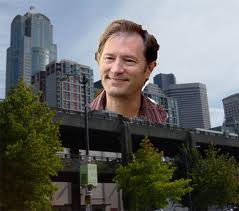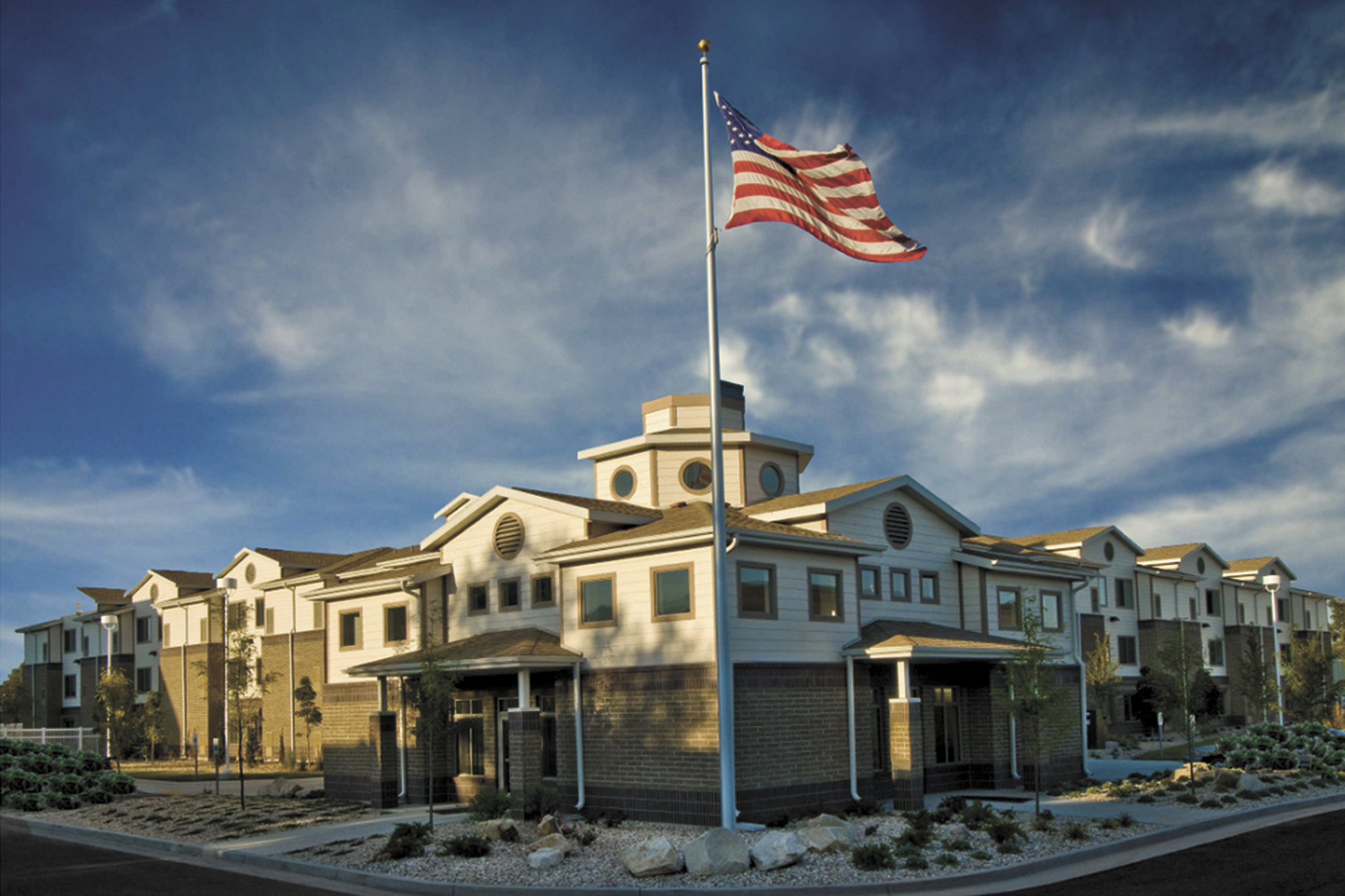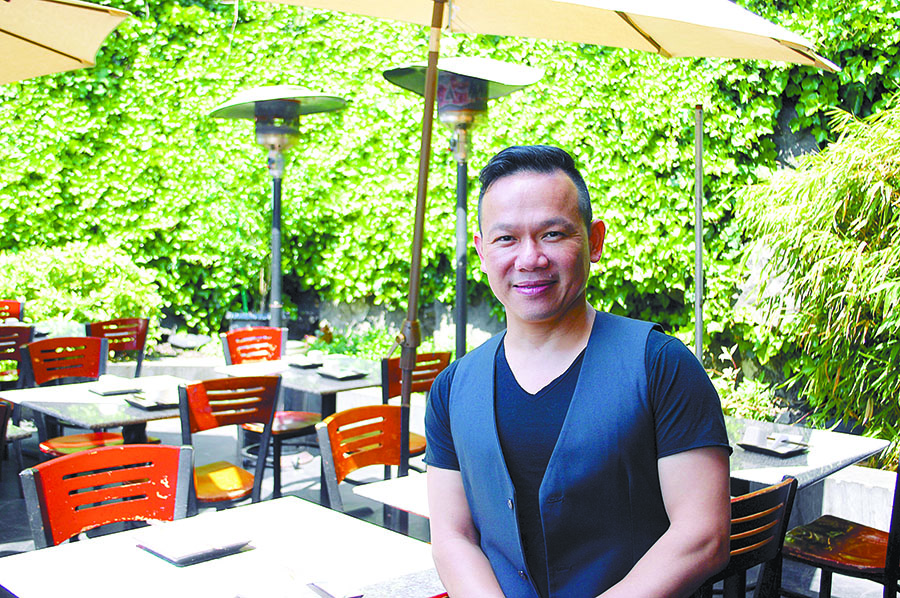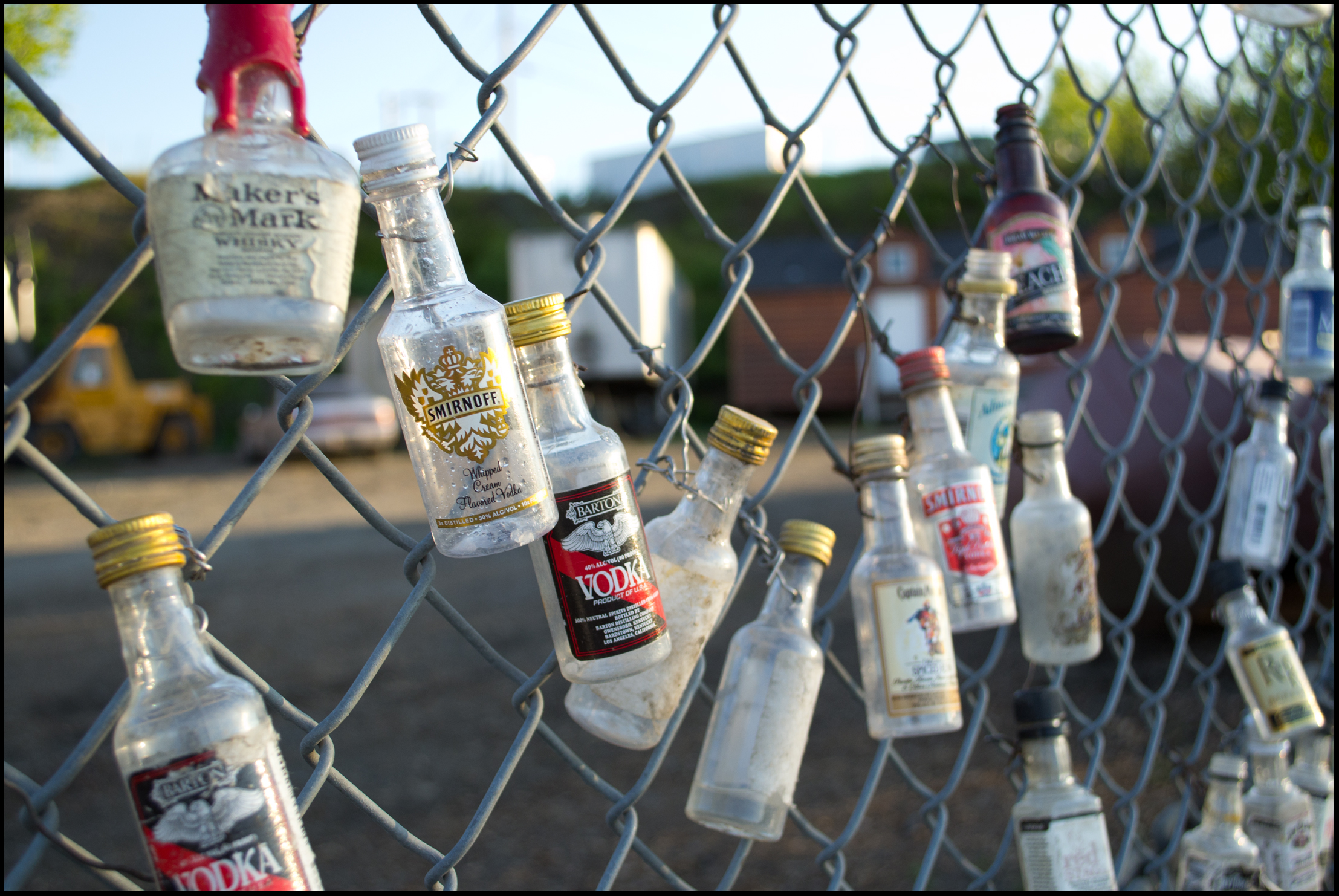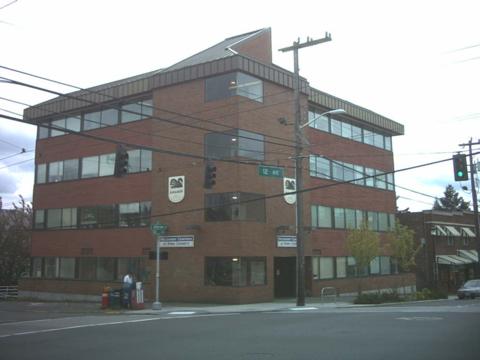Over the last two weeks, Peter Steinbrueck has sat down over a cup of coffee, once with Mayor Mike McGinn and the other time with state Sen. Ed Murray. Both mayoral candidates asked for the meeting and the urban architect and former Seattle Councilman – who finished third in the Aug. 6 primary, capturing 16 percent of the vote – was only too happy to oblige.
The man most observers believe would have become mayor four years ago had he chosen to run, had personal family issues not intervened, recalled of his coffee-house chats with his former rivals, “I didn’t say yes and I didn’t say no,” when asked for his endorsement.
“I not real inclined to support either one right now,” the 55-year-old Steinbrueck told Seattle Weekly during an interview Friday afternoon. “But that can change and it may change. We still have two months to go.
“What I told both of them is that I still want to be a resource to the city.”
Steinbrueck, who instead of taking on two relatively political unknowns in 2009 – McGinn and Joe Mallahan – chose to accept a prestigious fellowship at Harvard University’s Graduate School of Design, had nothing particularly laudatory to say about the mayor or Murray – or, for that matter, the general state of political affairs in the city.
“He [McGinn] has said that I’m all about yesterday. Well, I’d like to hear more from him about the future.”
As for Murray, “I’d like to see a lot more specifics from him, on housing, the arena issue, public safety, transportation.”
On the race both men are currently waging?
“It’s mostly name calling, finger-pointing. There has been no strong debate about the future,” observed Steinbrueck.
Steinbrueck joined the the race late last year after sensing that many Seattleites were becoming increasingly skittish about runaway growth, high-density development projects and the traffic snarls and pedestrian headaches that has spawned.
From the beginning, it irritated the Ravenna co-op resident that people often asked him whether he embraced the nostalgic tenets of what the old legendary Seattle Times columnist Emmett Watson called “Lesser Seattle.
”
“No, what I am saying is that true urbanism requires more than density,” Steinbrueck said at the time. “ There is a wrong way and a right way of doing it. The right way includes good architecture, walkable streets, green spaces, good lighting, and combining employment with access to transit and affordable housing.”
As the campaign went on, Steinbrueck would compress that message: “We need to balance growth with quality of life.”
Still, the perception lingered that somehow Seattle sensibilities no longer meshed with his “smart growth” mantra, and that all that was left him on the political front were a committed block – though still a formidable one which McGinn and Murray are longing to tap in to – of older residents, neighborhood activists, people who don’t necessary thrill to the sight of cranes erecting skyscrapers on the shores of South Lake Union.
Like any viable candidate who finishes in the losing column, second-guesses and if-onlys can make for many a restless night.
He regrets not getting into the race earlier than late December, knowing that he’d be up again four sitting incumbents, – McGinn, Murray, Councilman Bruce Harrell and Councilman Tim Burgess (before he dropped out in March ) – all with a greater ability to raise money.
And, after all, the iconic name can last only so long.
Steinbrueck also said he should have a stronger organization and a firmer campaign infrastructure already in place before he announced.
Equally frustrating was the endless candidate forums and two so-called debates, who’s dreary “you-all-have-two-minutes-to-answer” format sabotaged efforts to distinguish himself from the others.
“I’m a policy guy. I like debate, and I felt stifled by the fact that there was never an opportunity to challenge my opponents.”
Then, in the final days of the the primary election campaign, “things happened very quickly,” Steinbrueck recounted. “We lacked the resources and we were outgunned by their field operations, voter turnout, phone banks and so forth.
“We never did any polling. Couldn’t afford to – not that I’m the kind of candidate that would be driven by the polls. But it could have been helpful to be able to strategically target our resources. In the last days, we were overwhelmed by their resources.”
As to the future, Steinbrueck, the father of two grown boys, said, “I’m going to keep a lower political profile now. I have to concentrate on my profession. I’ll be looking for other things now, career-wise – maybe even beyond Seattle.”
For my money, if Steinbrueck were to leave, we would be a Lesser Seattle.
